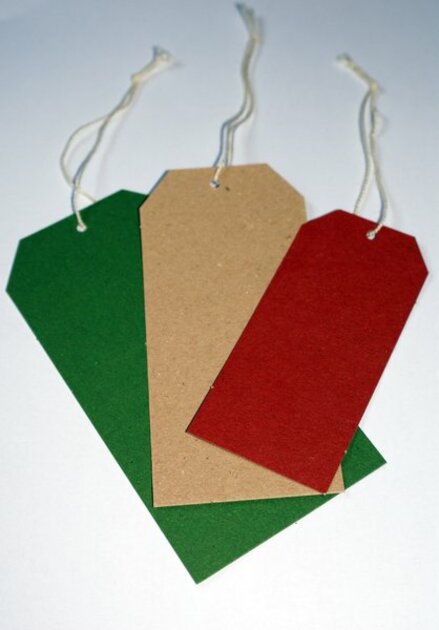
Our Gemara on Amud Aleph Speaks of the manner in which the wood of the Succah becomes set aside and holy for the mitzvah, and cannot be used for any other purpose during the holiday.
There is a powerful Shalah (ūóū®ū©ū¬ ūöūōūæū©ūĢū¬, ū×ūĪūøū¬ ūĪūĢūøūö, ūĀū© ū×ū”ūĢūö ūø) Who relates experiences he had from his own Rebbe, which he ties into the teachings of this gemara:
The Shalah starts out with a reminder of the importance of not speaking idle words in Shul. He’s not referring to during prayer, he simply refers to recognizing and feeling the holiness of the place. He then goes on to describe how his Rebbe was so mindful of holiness that he would never speak idle words inside the Succah, as he derived from our Gemara that the very wood of the Succah was holy during the seven days of the holiday. By the way, this includes the walls as well as the Sechach (see Shulkhan Arukh OH 638:1).
There are all kinds of reasons why we talk during Davening. But, like most inappropriate acting out, and talking in a sacred place is certainly acting out, it is passive aggressive. What is passive aggressive here? Maybe we don’t like the rabbi and his speech is too long and droning, maybe we do not like the particular length and tempo of the service, or perhaps we’re just plain angry with God for not listening to our prayers.
The point is that passive aggressiveness is a regression to an Infantile state where we feel powerless and unable to address our concerns in a direct and healthfully assertive manner. It makes sense when it comes to religion we will regress to that infantile state where we feel powerless because can we really complain to the rabbi, let alone to God? Indeed Iyov (9:13-20) complains that it’s difficult to get a fair trial, when you are arguing with God.
Nevertheless, we are not powerless at all. The truth is nobody’s forcing us to go to Shul, and no one is forcing us to stay if we don’t like it. In fact God famously proclaims in Yeshayahu’s voice (Isaiah 1:11-14):
ū£ųĖū×ų╝ųĖūöųŠū£ų╝ų┤ųżūÖ ū©ų╣ūæųŠū¢ų┤ūæų░ūŚųĄūÖūøųČūØųÖ ūÖų╣ūÉū×ųĘųŻū© ūÖų░ūöūĢųĖųöūö “What need have I of all your sacrifices?”
ūøų╝ų┤ųŻūÖ ū¬ųĖūæų╣ųöūÉūĢų╝ ū£ųĄū©ųĖūÉų¢ūĢų╣ū¬ ūżų╝ųĖūĀųĖųæūÖ ū×ų┤ūÖųŠūæų┤ū¦ų╝ųĄųźū®ūü ū¢ų╣ųøūÉū¬ ū×ų┤ūÖų╝ųČūōų░ūøųČų¢ūØ ū©ų░ū×ų╣ųźūĪ ūŚų▓ū”ųĄū©ųĖųĮūÖūā That you come to appear before Me— Who asked that of you? Trample My courts
ūŚųĖūōų░ū®ūüųĄūÖūøųČųżūØ ūĢų╝ū×ūĢų╣ūóų▓ūōųĄūÖūøųČūØųÖ ū®ūéųĖūĀų░ūÉųĖųŻūö ūĀųĘūżų░ū®ūüų┤ųöūÖ ūöųĖūÖųźūĢų╝ ūóųĖū£ųĘų¢ūÖ ū£ųĖūśų╣ųæū©ųĘūŚ ūĀų┤ū£ų░ūÉųĄų¢ūÖū¬ų┤ūÖ ūĀų░ū®ūéų╣ųĮūÉūā Your new moons and fixed seasons Fill Me with loathing; They are become a burden to Me, I cannot endure them.
This was the state of affairs in the time of Yeshaiyahu. God didn’t want or need Jews just showing up at the Temple without sincerity.
Much better to stay in shul only for whatever time you can, and not pray a word, if need be. You could just keep your mouth closed to recognize the holiness of the Place. Leave when you lose your patience but don’t talk. If you accustom yourself to the recognize the holiness of the place, one day you will come to truly pray there as well.
Translations Courtesy of Sefaria, except when, sometimes, I disagree with the translation ![]()
If you liked this, you might enjoy my Relationship Communications Guide. Click on the link above.
Rabbi Simcha Feuerman, Rabbi Simcha Feuerman, LCSW-R, DHL is a psychotherapist who works with high conflict couples and families. He can be reached via email at simchafeuerman@gmail.com
 Previous
Previous

